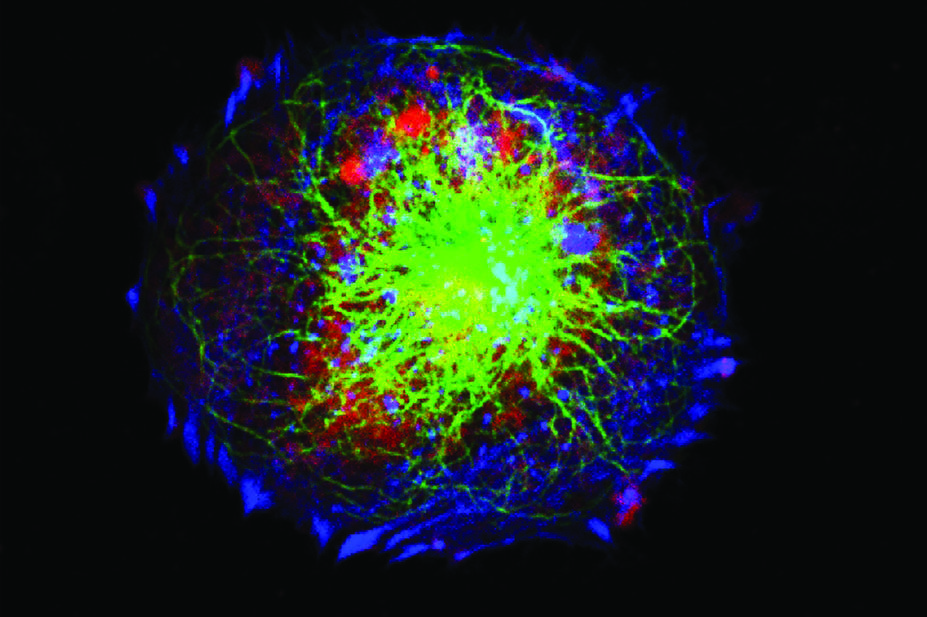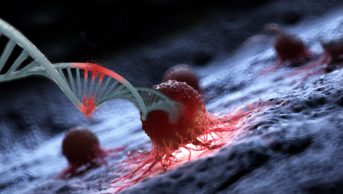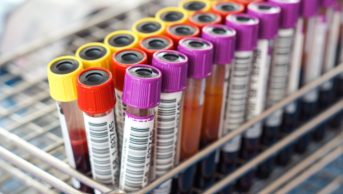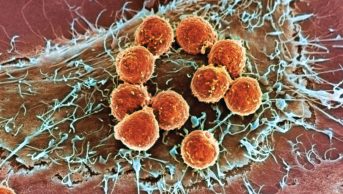
Vshivkova/Shutterstock
The European Commission (EC), the institution responsible for managing the day-to-day business of the European Union, has approved the use of dinutuximab beta (EUSA Pharma) as an immunotherapy for high-risk neuroblastoma in patients aged 12 months and over.
It is the first immunotherapy to be approved in Europe for treatment against this rare form of cancer, which predominantly affects children under the age of five. Neuroblastoma arises from neural crest cells involved in foetal development of the nervous system and other tissues. It spreads quickly and consequently children are diagnosed at an advanced stage of their disease with a poor prognosis.
Dinutuximab beta is a monoclonal chimeric antibody developed to target a specific antigen, GD2, which is highly expressed on the surface of neuroblastoma cells. It has been investigated in clinical trials for high-risk neuroblastoma which have seen an improvement in the survival of patients when compared with controls. More than 1000 patients have received the treatment to date.
This approval is of particular importance to children who have previously received induction chemotherapy and achieved at least a partial response, followed by myeloablative therapy and stem cell transplantation, as well as those with a history of relapsed or refractory neuroblastoma, with or without residual disease.
The most common side effects of the immunotherapy include fever, pain and allergic reactions.
Dinutuximab beta was designated an orphan medicinal product on 8 November 2012. On 23 March 2017, the Committee for Medicinal Products for Human Use (CHMP) adopted a positive opinion, recommending the granting of a marketing authorisation under exceptional circumstances.
EUSA Pharma plans to file the product for approval in the United States in 2017.


